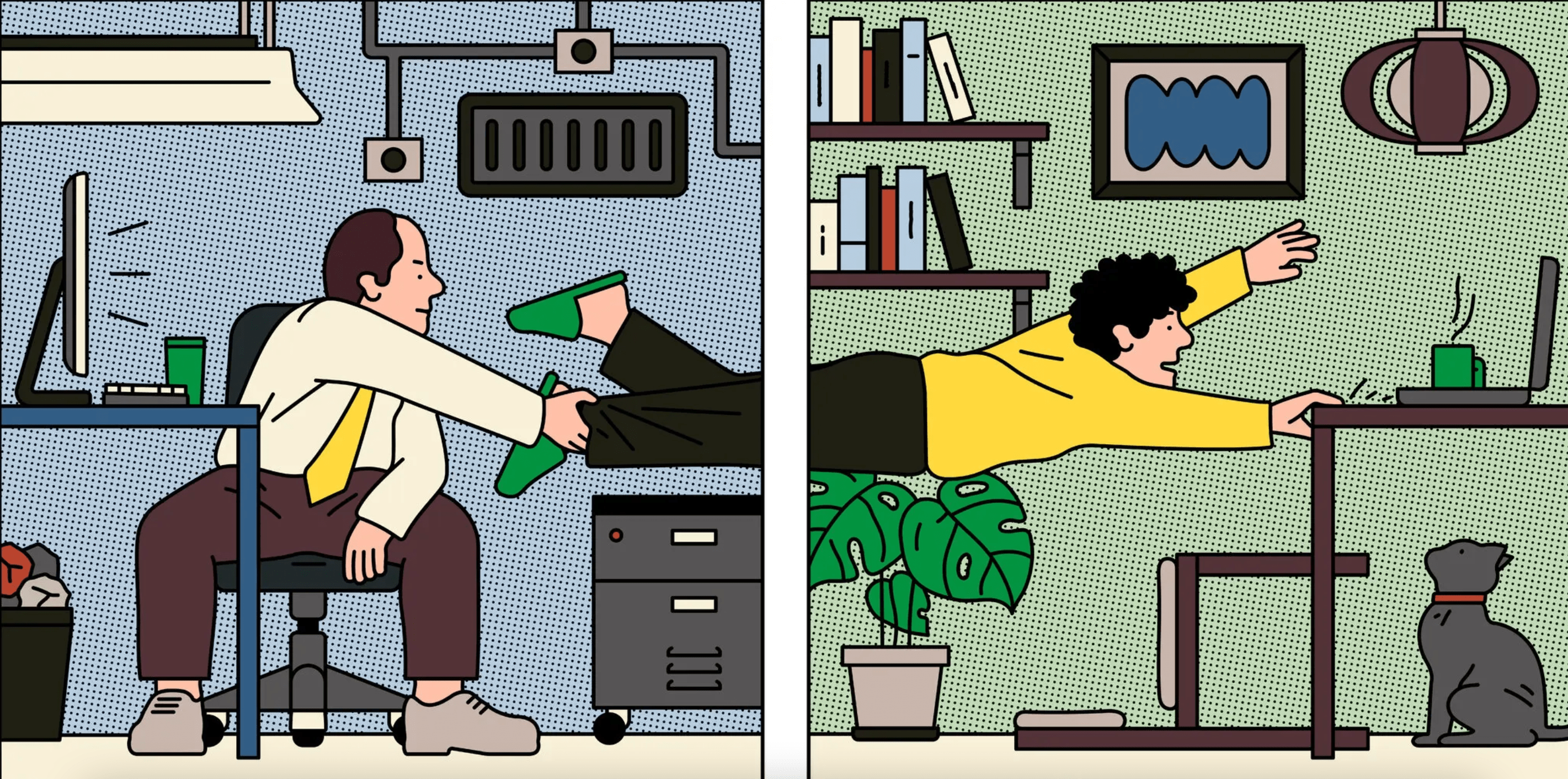From the 2008 global financial crisis, when Vietnam’s 8X generation (born 1980-1989) was just starting their careers; to the Covid-19 pandemic, which greeted the 9X generation (born 1990-1999) at the threshold of working life; and the bond market shocks of 2022, which rattled the first steps of Gen 0X (born 2000-2009), Vietnamese investors have weathered three decades of turbulence. Each wave of disruption has shaped how they approach financial markets today.
Three individuals: Đỗ Minh Trang, Huỳnh Tấn Khôi, and Gia Bảo share their investment journeys, exploring how economic events have defined their strategies and expectations in a rapidly changing Vietnamese financial landscape.
Đỗ Minh Trang
Born 1983
Securities firm employee
Before the 2008 crisis, where did you invest?
In 2007, while studying for a master’s degree in the UK, I heard my mother talk about Vietnam’s stock market fever, bank stocks like Sacombank’s STB delivering huge profits. I was excited. When I returned home, I pooled VND 200 million (my early-career savings) into stocks, only to suffer losses shortly after.
How did you experience and react to the 2008 financial crisis?
I was working at a bank then, watching government bond yields soar to 20% and interbank rates spike to 30-40%. For the first time, the crisis theories I had studied became real in front of me. But I was passive, I watched my account sink and didn’t know what to do. Eventually, I forced myself to forget the losses and kept working.
What lesson did you take from 2008?
I realized how little I knew. Before, I’d only heard relatives say “buy anything and it’ll rise,” and I rushed in. The painful loss taught me that to invest profitably, I needed to understand the market and economic cycles, not rely on luck or hearsay.
How did you change your strategy after 2008?
From 2009 to 2012, with the government injecting cash and supporting interest rates, I pivoted to real estate. Working in banking gave me access to favorable loans; I made down payments on Hanoi projects and sold them for profit. I also dabbled in foreign currencies and gold.
How has your investment mindset evolved?
I’m now more cautious, only investing when I fully understand an asset’s value. I keep a balanced portfolio: savings, stocks, and a small slice in crypto, so it stays flexible and avoids overexposure to risk.
Huỳnh Tấn Khôi
Born 1996
Securities broker
Where did you invest before Covid-19?
I’d just graduated and didn’t have much capital, so I stuck to savings accounts. As I began working, I was exposed to the stock market and started investing during the sharp selloff in early 2020.
How did the pandemic affect your investments?
Seeing clients scoop up cheap stocks, I joined in. From the start of the Covid rally to its peak, I achieved a 100% return, cheap money made every trade a winner.
What was your biggest lesson from that period?
Don’t get greedy. In 2022, like many new investors, I was “drunk on success.” Then in May 2022, the market plunged, and I took heavy losses.
How have you adjusted since Covid?
I used to put all my funds into one or two stocks, even leveraging. Now I diversify across sectors, set profit targets of 15-20%, and take gains without waiting for home runs.
How does technology support your investing?
I use AI tools to analyze companies, giving me faster access to insights. But before committing money, I always verify the data’s accuracy.
Lê Gia Bảo
Born 2002
Employee at an asset management firm
Where did you invest during Covid?
I was still in school, with no income. I began investing in stocks alongside family and friends but ended up losing over 50% and stepped away for a while. My family, though, continued investing.
What lesson did you take from that time?
I lacked knowledge, I bought poor-quality stocks and couldn’t cut losses. With more information and experience now, I’m considering returning to the market soon.
What investments do you currently hold?
Savings, open-ended funds, and gold. I may add stocks in the near future.
What’s your investment mindset today?
I prioritize learning and my career, so I don’t tie up all my funds in investments. Most of my income goes into savings; a small portion is in mutual funds, ensuring my personal needs aren’t affected.
How does technology factor into your approach?
Not much. I use stock apps linked to my bank account for convenience but trade sparingly.
Originally published in the April 2025 issue of Bloomberg Businessweek Vietnam
